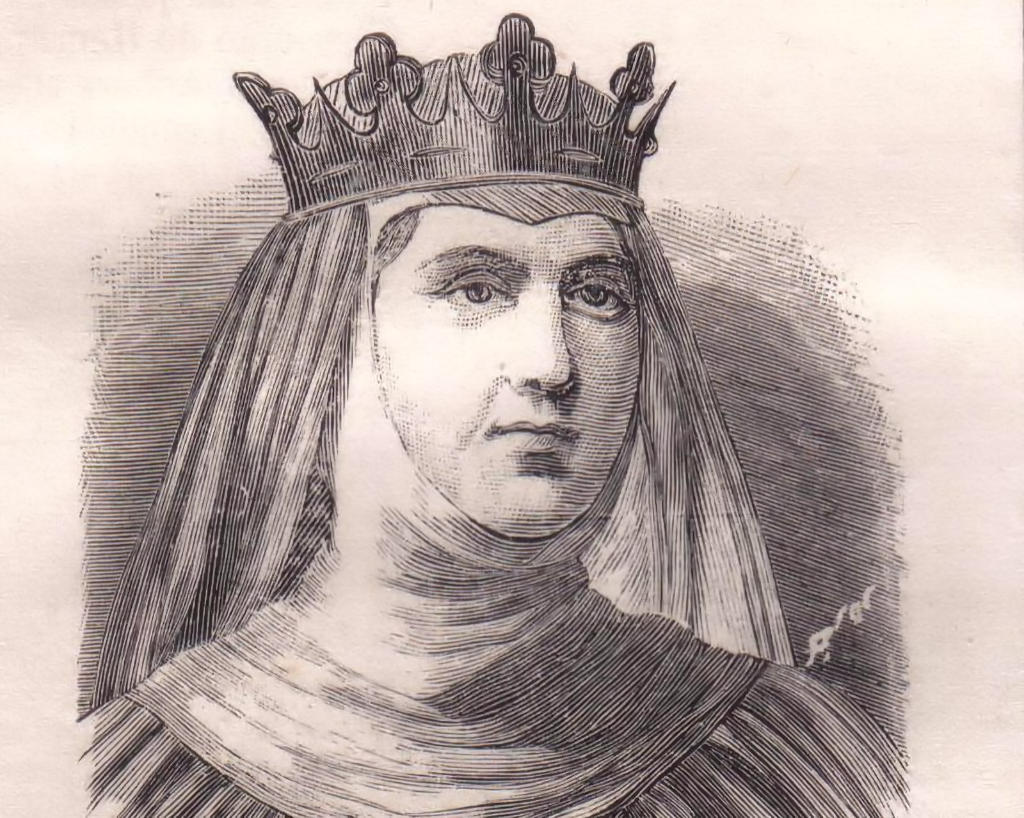Beatrice grew up in a noble family, being the daughter of King Sancho IV and María de Molina. She had six siblings, including King Ferdinand IV of Castile and Queen Isabella, who married King James II of Aragon. Beatrice was born in Toro, a town in Spain, and spent her formative years in the court of Castile.
At the tender age of sixteen, Beatrice married Infante Afonso of Portugal in Lisbon on September 12, 1309. However, before the marriage could take place, a papal dispensation was required due to their familial ties. Pope Boniface VIII issued the necessary dispensation in 1301, and the marriage was eventually celebrated.
Beatrice and Afonso shared a fertile and seemingly content marriage. Unlike previous kings, Afonso remained faithful to Beatrice and did not have any children out of wedlock. They had seven children together, although sadly, four of them died in infancy. Their surviving children included Maria, who married Alfonso XI of Castile and became the mother of the future King Peter I of Castile, and Peter, who succeeded his father as the King of Portugal.
Throughout her marriage, Queen Beatrice played a crucial role in the affairs of the kingdom. Raised in Portugal and well-versed in its language and customs, she acted as a mediator in conflicts and helped maintain peace. Beatrice supported her husband during his confrontations with his family members, including his half-brother Afonso Sanches. After the death of King Denis, Afonso's father, Beatrice stood by her husband's side as he asserted his claim to the throne and resolved internal conflicts.
Beatrice's diplomatic skills were further demonstrated when she crossed the border into Castile to meet King Alfonso XI in an attempt to negotiate peace between the two kingdoms. Unfortunately, her efforts did not yield the desired outcome. Beatrice also worked to strengthen alliances with other kingdoms, sending ambassadors to the court of King Alfonso IV of Aragon to secure the bond between their kingdoms.
Queen Beatrice's legacy extends beyond her diplomatic endeavors. She had a strong religious devotion and contributed to charitable causes. In 1329, she founded a hospital in Lisbon to provide care for the needy. Alongside her husband, she established the Hospital da Sé, which catered to twenty-four poor individuals of both sexes. Beatrice generously supported religious establishments, particularly the Dominican and Franciscan orders, in her wills and codicil.
Queen Beatrice passed away at the age of 66 in Lisbon. As per her wishes, she was buried at Lisbon Cathedral alongside her husband, King Afonso IV. Their remains were eventually moved to new sepulchers in the cathedral's main chapel during the reign of King John I. Although destroyed in the 1755 Lisbon earthquake, these sepulchers were replaced in the 18th century, and a fitting inscription commemorated Queen Beatrice: "Beatriz Portugaliae Regina / Affonsi Quarti Uxor" (Beatrice Queen of Portugal, wife of Afonso IV).
Queen Beatrice left a lasting impact as a mediator, philanthropist, and dedicated queen. Her contributions to Portugal's history and society, alongside her role as a devoted wife and mother, solidify her place among the influential figures of her time.



